Metabolism

Serine/threonine kinase AMPK upregulates glucose uptake by promoting the expression and function of glucose transporters. AMPK is activated by increased AMP/ATP ratio, resulting from cellular and environmental stress, e.g. low glucose, heat shock, hypoxia and ischemia. AMPK activation positively modulates signaling transductions that refill ATP levels. Moreover, it also stimulates catabolic processes such as fatty acid oxidation and glycolysis through inhibition of ACC and activation of PFK2. AMPK negatively regulates various proteins which are important to ATP-consuming mechanisms, e.g. mTORC2, glycogen synthase, SREBP-1, and TSC2, causing the downregulation/inhibition of gluconeogenesis and glycogen, lipid and protein synthesis.
-
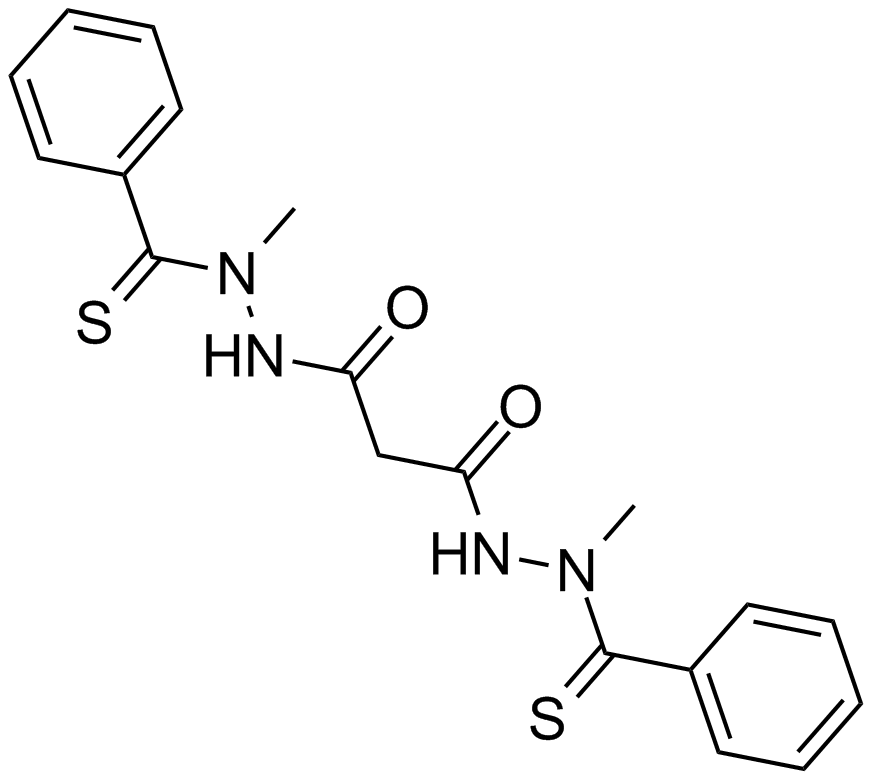 A4386 Elesclomol (STA-4783)3 CitationSummary: Oxidative stress/apoptosis inducer,potent and novel
A4386 Elesclomol (STA-4783)3 CitationSummary: Oxidative stress/apoptosis inducer,potent and novel -
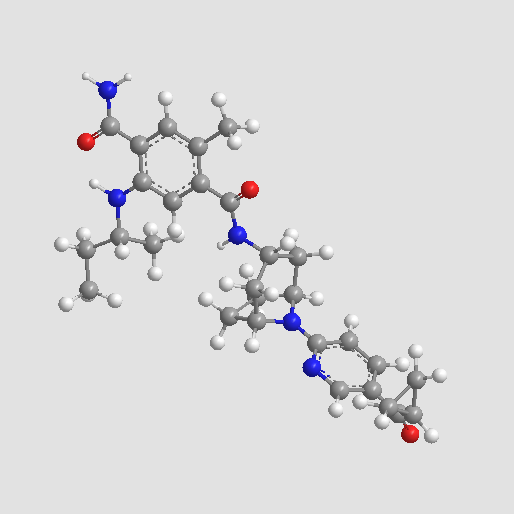 A4388 XL-8881 CitationTarget: HSP90Summary: Hsp90 inhibitor
A4388 XL-8881 CitationTarget: HSP90Summary: Hsp90 inhibitor -
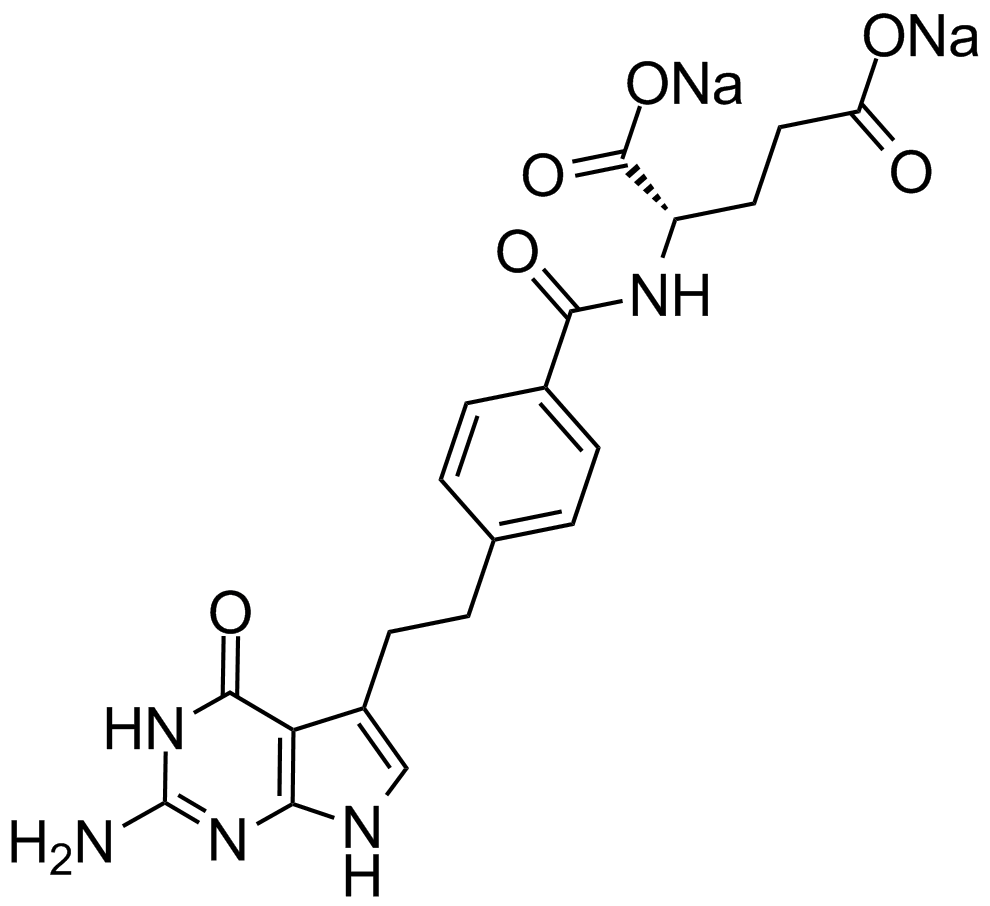 A4390 Pemetrexed1 CitationTarget: Thymidylate Synthase|DHFR|GARFTSummary: TS, DHFR,GARFT and AICARFT inhibitor
A4390 Pemetrexed1 CitationTarget: Thymidylate Synthase|DHFR|GARFTSummary: TS, DHFR,GARFT and AICARFT inhibitor -
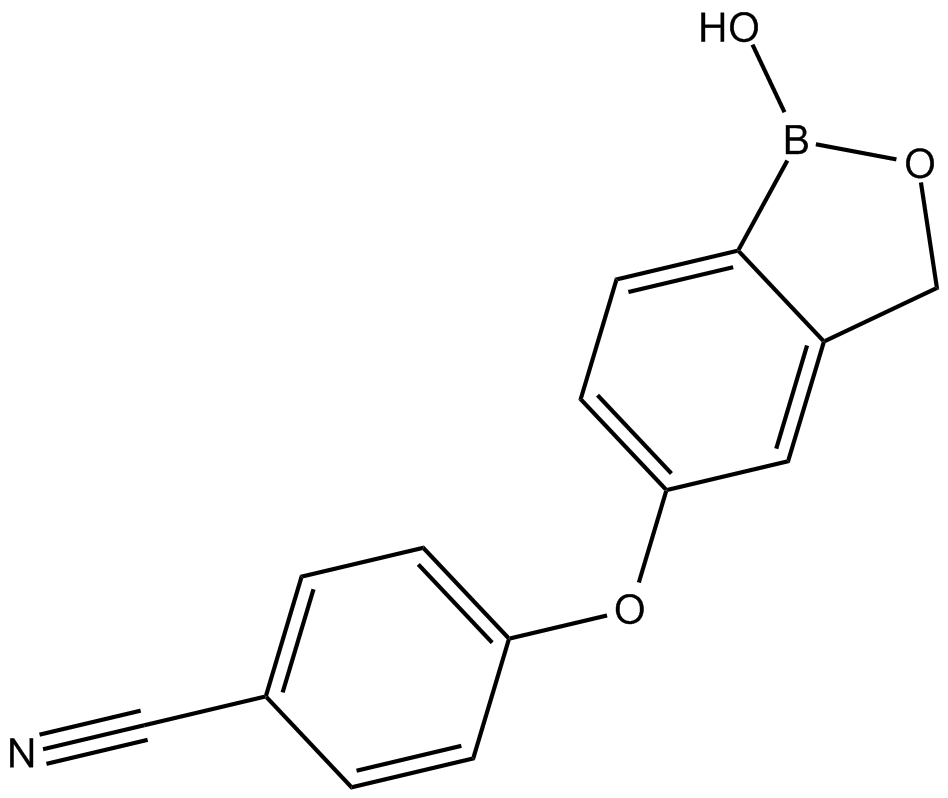 A3178 AN-2728Summary: PDE4 inhibitor,anti-inflammatory compound
A3178 AN-2728Summary: PDE4 inhibitor,anti-inflammatory compound -
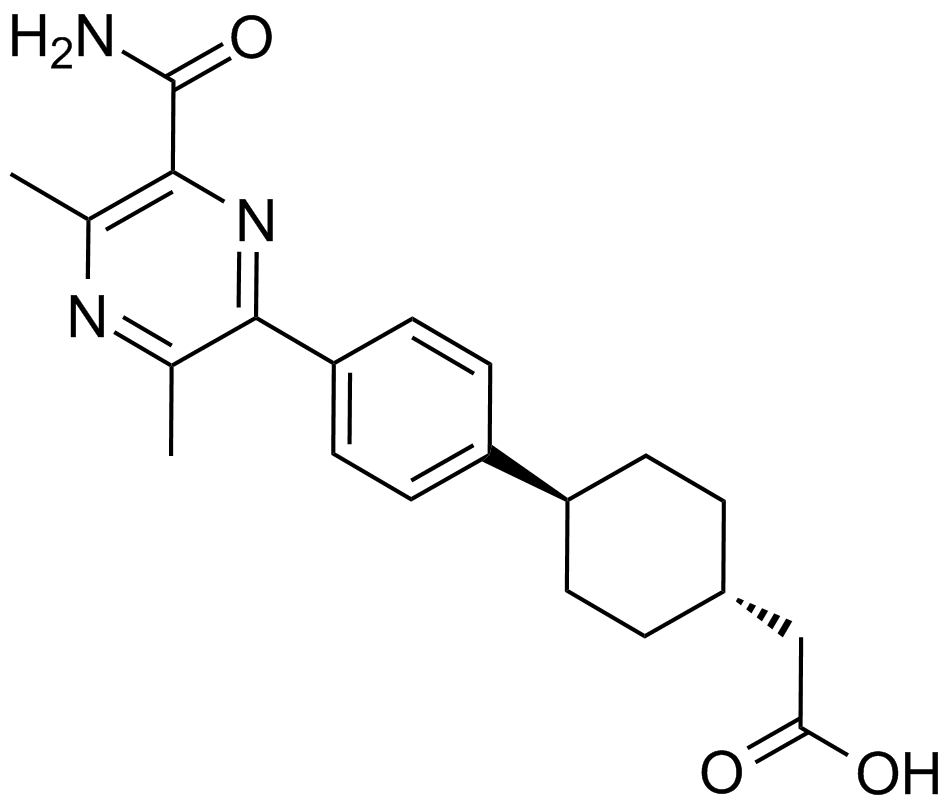 A3215 AZD7687Target: DGATSummary: DGAT inhibitor,potent and selective
A3215 AZD7687Target: DGATSummary: DGAT inhibitor,potent and selective -
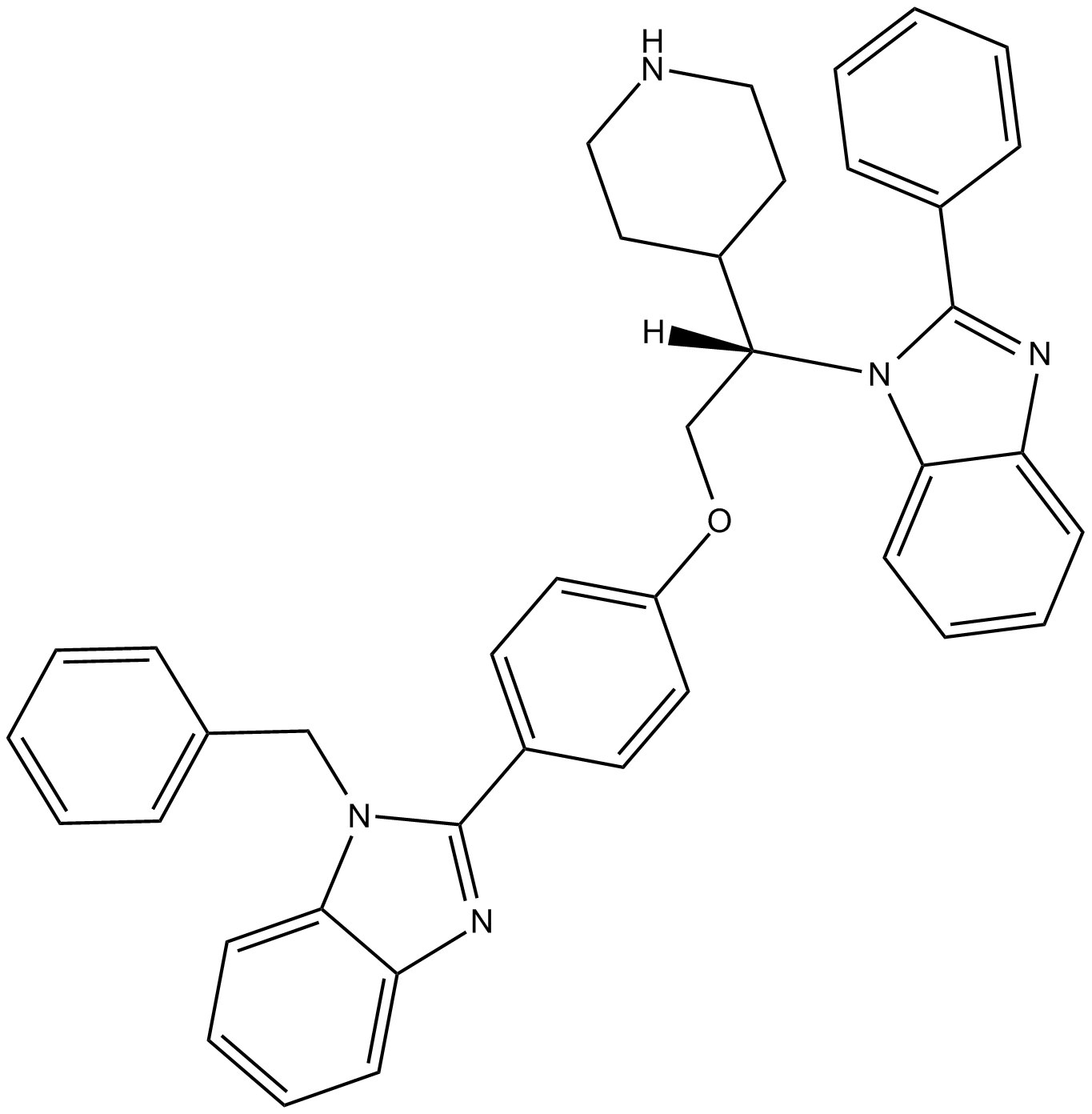 A3358 DeltarasinTarget: Phosphodiesterases (PDEs)Summary: KRAS-PDEδ interaction inhibitor
A3358 DeltarasinTarget: Phosphodiesterases (PDEs)Summary: KRAS-PDEδ interaction inhibitor -
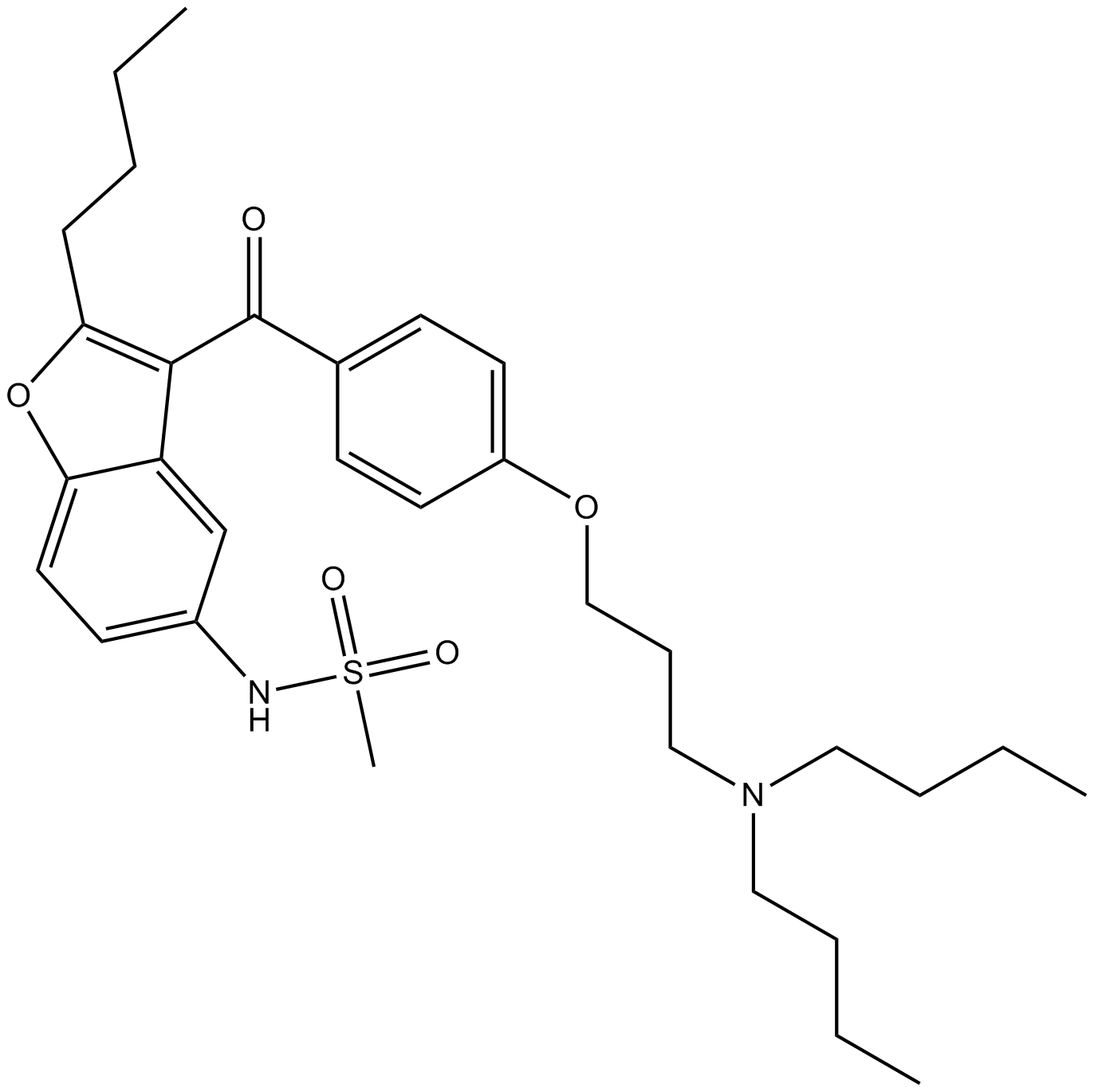 A3374 DronedaroneTarget: Cytochrome P450 (CYP450)|sodium channel|adrenergic receptor|potassium channel|calcium channelSummary: CYP3A4 and 2D6 inhibitor,moderate
A3374 DronedaroneTarget: Cytochrome P450 (CYP450)|sodium channel|adrenergic receptor|potassium channel|calcium channelSummary: CYP3A4 and 2D6 inhibitor,moderate -
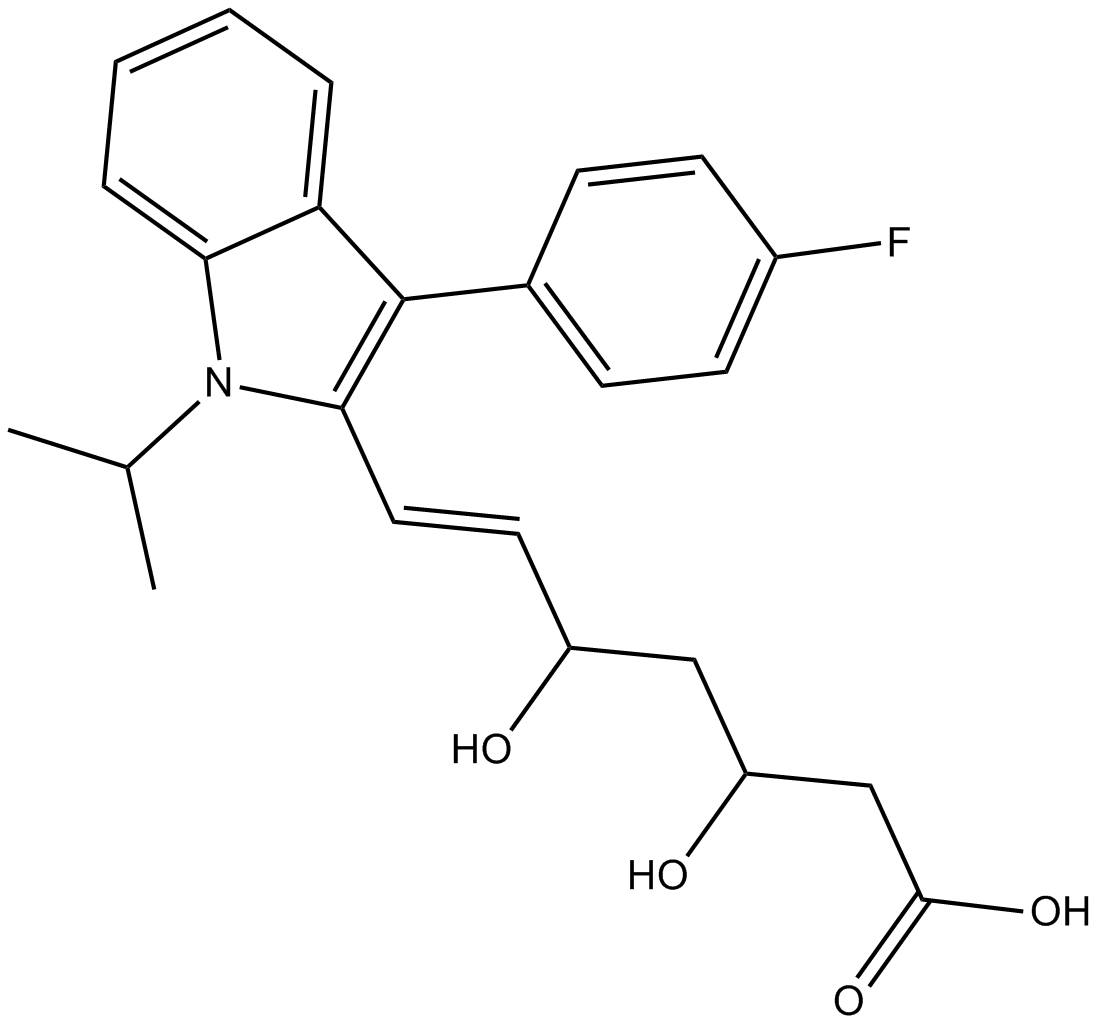 A3419 FluvastatinTarget: HMGCRSummary: HMGCR inhibitor
A3419 FluvastatinTarget: HMGCRSummary: HMGCR inhibitor -
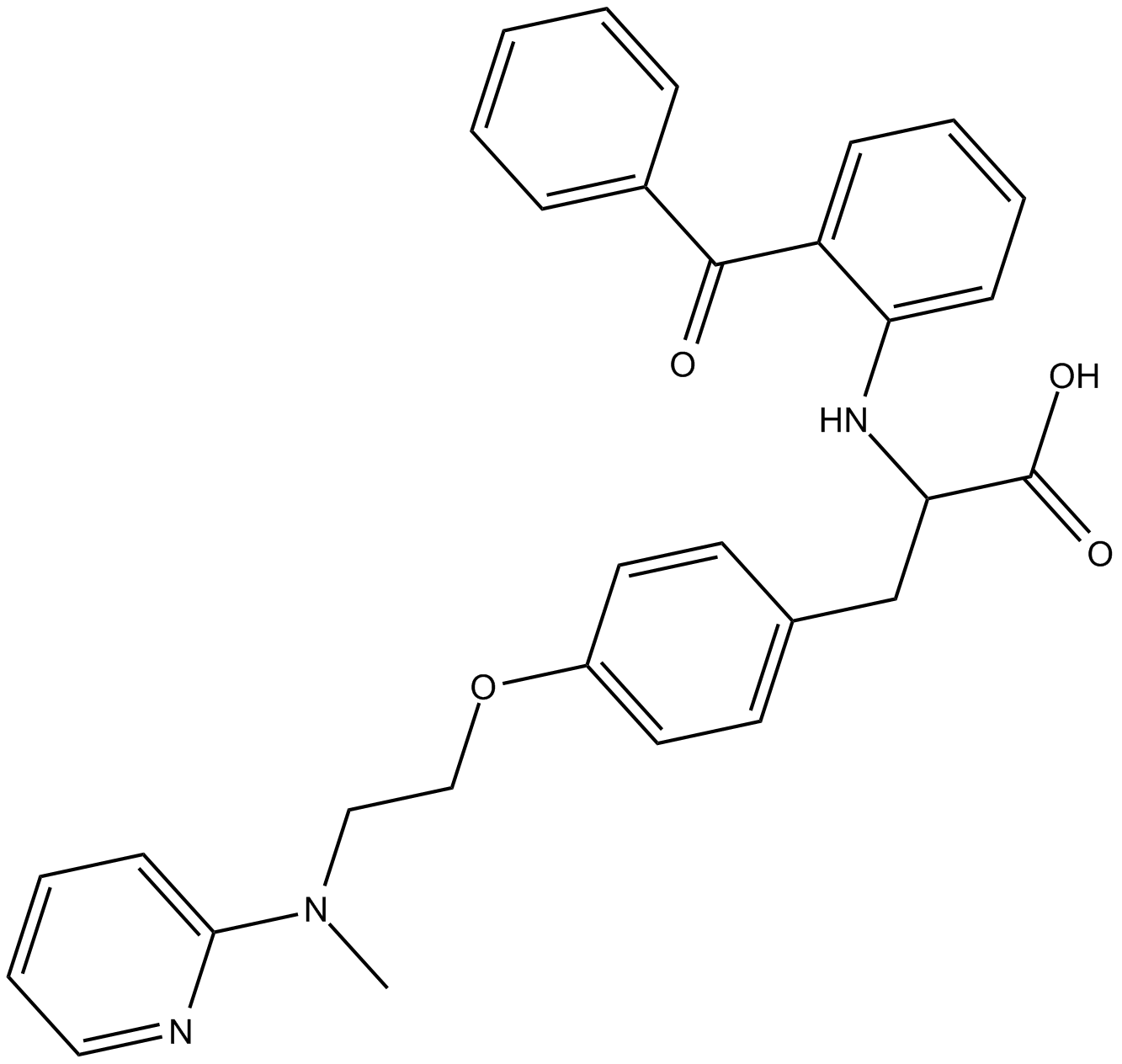 A3453 GW1929Target: PPARSummary: Potent PPARγ agonist
A3453 GW1929Target: PPARSummary: Potent PPARγ agonist -
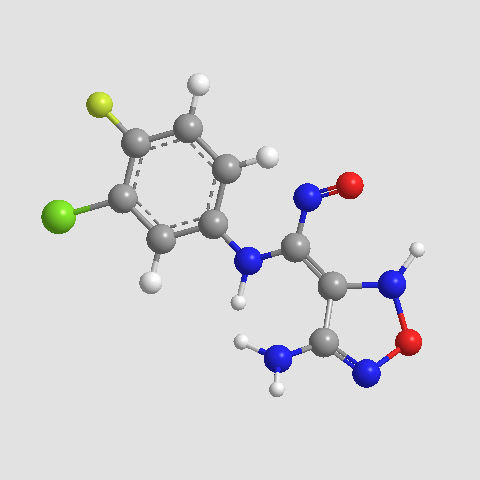 A3493 INCB024360 analogueSummary: potent and selective inhibitor of IDO1
A3493 INCB024360 analogueSummary: potent and selective inhibitor of IDO1

